Chuyến công tác Trung Quốc mới nhất của Tim Cook diễn ra trong bối cảnh doanh số iPhone tại đây đang sụt giảm. Apple cũng vừa khai trương Apple Store lớn thứ hai thế giới ở quận Tĩnh An, Thượng Hải. Theo truyền thông địa phương, cửa hàng này chỉ đứng sau Apple Store tại Fifth Avenue, New York.
Hôm 20/3, Cook viết trên Weibo “Xin chào Thượng Hải” bằng tiếng Trung Quốc. Ông còn bày tỏ sự vui mừng khi quay trở lại thành phố và tiết lộ đã dành cả buổi sáng để thưởng thức bữa sáng truyền thống của người bản địa, bao gồm tiểu long bao và sữa đậu nành. Ông cũng chụp ảnh tự sướng bên Bến Thượng Hải nổi tiếng cùng nam diễn viên Zheng Kai.
Tại Thượng Hải, trung tâm tài chính của Trung Quốc, Apple hiện có tám cửa hàng, nhiều nhất so với bất kỳ thành phố nào trong cả nước. Hiện có 47 Apple Store tại 24 thành phố trên khắp Trung Quốc đại lục.
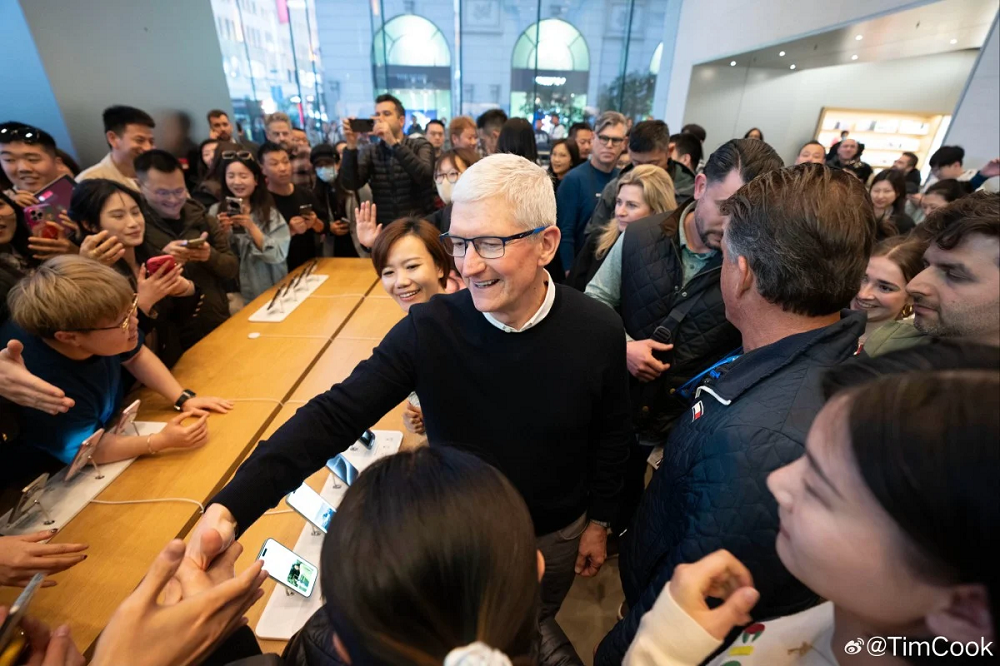
Cửa hàng mới xuất hiện khi Apple cố gắng chống lại các đối thủ cạnh tranh và hồi sinh doanh số bán hàng tại một thị trường đầy biến động với những cơn gió ngược ngày càng tăng, từ suy thoái kinh tế đến căng thẳng địa chính trị và tâm lý dân tộc chủ nghĩa gia tăng.
Năm 2023, Apple lần đầu tiên chiếm vị trí số 1 trên thị trường smartphone Trung Quốc, với thị phần kỷ lục 17,3%, theo IDC Research. Tuy nhiên, trong 6 tuần đầu tiên của năm 2024, doanh số iPhone ở nước này đã giảm 24% so với một năm trước, theo Counterpoint Research. Thị phần của Apple tụt lại phía sau Vivo, Huawei và Honor trong cùng kỳ, còn doanh số của đối thủ Huawei tăng 64%.
Chuyến thăm của Cook đánh dấu chuyến thăm thứ ba của ông tới Trung Quốc trong một năm, nhấn mạnh tầm quan trọng của thị trường đối với Apple với tư cách là thị trường nước ngoài lớn nhất và là một phần quan trọng trong chuỗi cung ứng sản xuất.
"Trung Quốc vẫn là một thị trường quan trọng đối với Apple, đặc biệt là trong phân khúc cao cấp trên 800 USD, nơi họ giữ vị trí thống trị", Ivan Lam, nhà phân tích cấp cao từ Counterpoint cho biết. Ông Lam nhận xét, với sự hồi sinh của Huawei và các thương hiệu smartphone nội địa, Apple đang chủ động tăng cường hiện diện, tận dụng các cửa hàng hàng đầu để quảng bá iPhone.
Đầu tháng này, Apple tuyên bố sẽ mở rộng trung tâm nghiên cứu tại Thượng Hải để hỗ trợ tất cả các dòng sản phẩm của mình và tiết lộ kế hoạch mở một phòng thí nghiệm nghiên cứu ứng dụng mới ở Thâm Quyến vào cuối năm.
Daniel Ives, Giám đốc quản lý kiêm nhà phân tích cổ phiếu cấp cao của hãng chứng khoán Wedbush, gọi Trung Quốc là “tim phổi” trong chiến lược tăng trưởng của Apple.
Cũng trong ngày 20/3, Cook đã tổ chức một buổi chia sẻ thông tin cùng với ba nhà cung cấp của Apple - BYD, Lens Technology và Everwin Precision Technology - tại văn phòng Thượng Hải. Tại đây, ông nói với một nhóm phóng viên: "Không có chuỗi cung ứng nào trên thế giới quan trọng đối với Apple hơn chuỗi cung ứng của Trung Quốc".
Ông đã gặp Wang Chuanfu, người sáng lập kiêm Chủ tịch của BYD, nhà sản xuất xe điện lớn nhất thế giới, theo một video ông đăng trên tài khoản Weibo của mình. Ông ca ngợi các nhà cung cấp Trung Quốc sở hữu "nền sản xuất tiên tiến nhất thế giới", theo China Daily.
Người đứng đầu Apple cũng đến thăm một studio sản xuất phim, nói chuyện với các nhà phát triển game di động và chụp ảnh với đám đông người mua sắm và nhân viên, theo các bài đăng trên mạng xã hội của ông.
Apple vẫn có nhiều người hâm mộ trong nước. Hơn 100 người trong số họ đã xếp hàng qua đêm để trở thành một trong những người đầu tiên bước vào cửa hàng mới hoặc chụp ảnh với Cook. Những người khác đang có kế hoạch đến thăm Apple Store mới.
Một ngày sau đó, ngày 21/3, Bộ Tư pháp Mỹ khởi kiện Apple vì cho rằng hệ sinh thái iPhone là thế lực độc quyền, ảnh hưởng đến người tiêu dùng, nhà phát triển và các hãng điện thoại đối thủ. Chính phủ không loại trừ khả năng chia tách một trong những doanh nghiệp lớn nhất thế giới. Đơn kiện khẳng định các hành vi phản cạnh tranh của hãng vượt ra ngoài iPhone và Apple Watch, nhắc đến quảng cáo, trình duyệt, FaceTime và tin tức.
Trong một thông cáo, Bộ Tư pháp cho biết để giữ chân người dùng iPhone, Apple đã chặn các ứng dụng nhắn tin đa nền tảng, hạn chế khả năng tương thích ví và đồng hồ thông minh của bên thứ ba, đồng thời làm gián đoạn các chương trình không phải App Store và dịch vụ phát trực tuyến đám mây.
Đơn kiện có thể buộc Apple thực hiện thay đổi trong một số mảng kinh doanh giá trị nhất của mình, bao gồm iPhone, Apple Watch và dịch vụ.
(Theo CNN, CNBC)
Nguồn


![[Ảnh] Thường trực Ban Bí thư Trần Cẩm Tú chủ trì giao ban với các ban đảng, văn phòng, các đảng ủy, cơ quan, đoàn thể Trung ương](https://vphoto.vietnam.vn/thumb/1200x675/vietnam/resource/IMAGE/2025/7/1/b8922706fa384bbdadd4513b68879951)







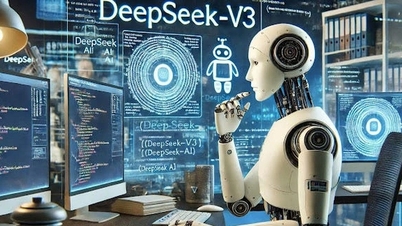

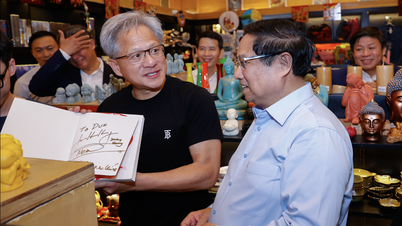



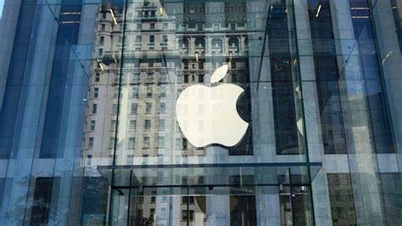








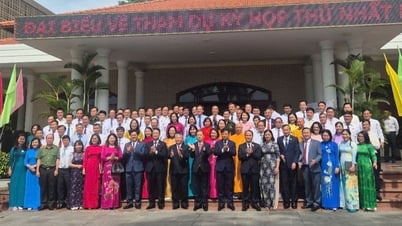






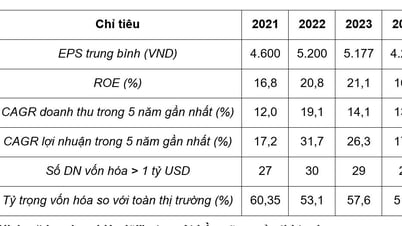
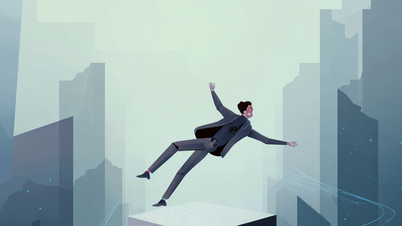
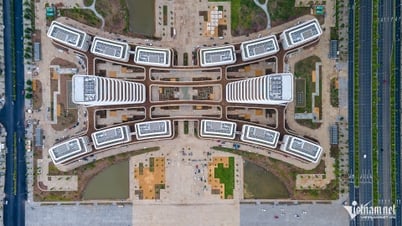
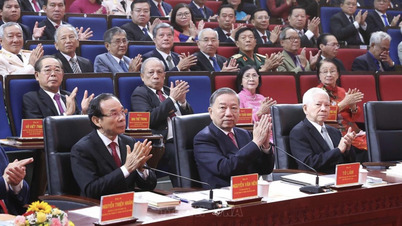
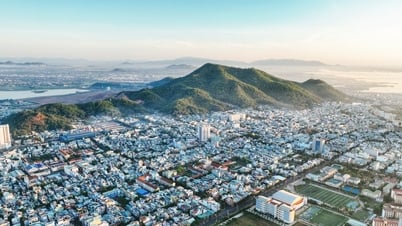





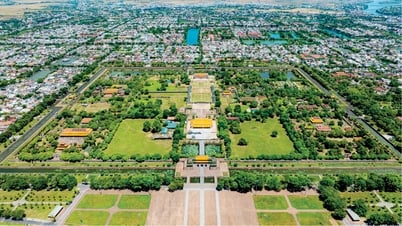





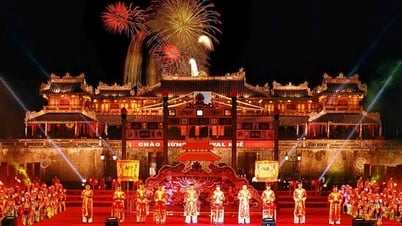

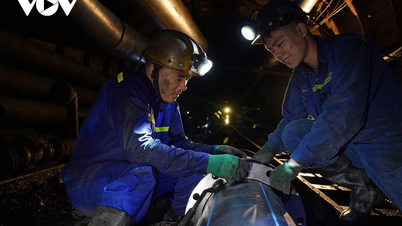

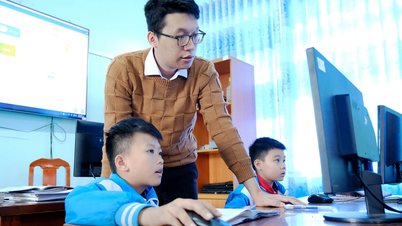
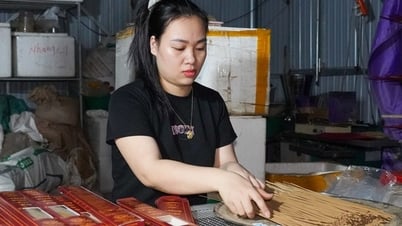








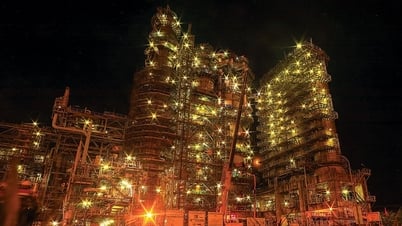


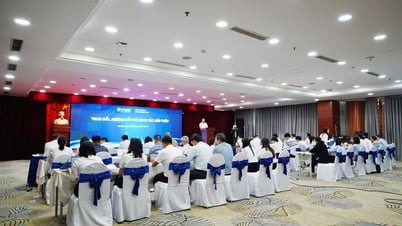


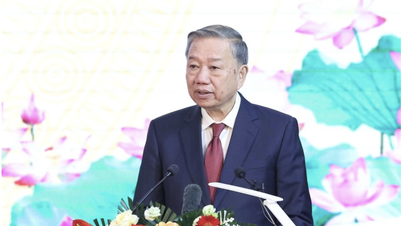

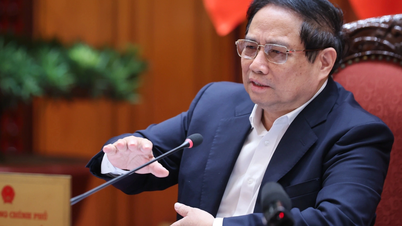
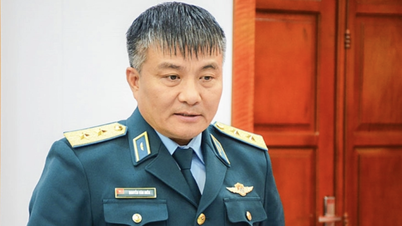
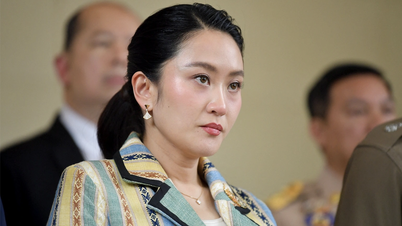
















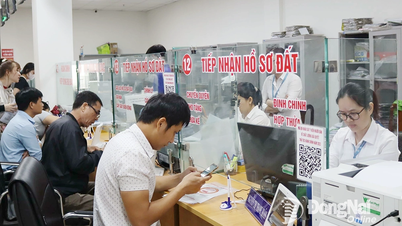














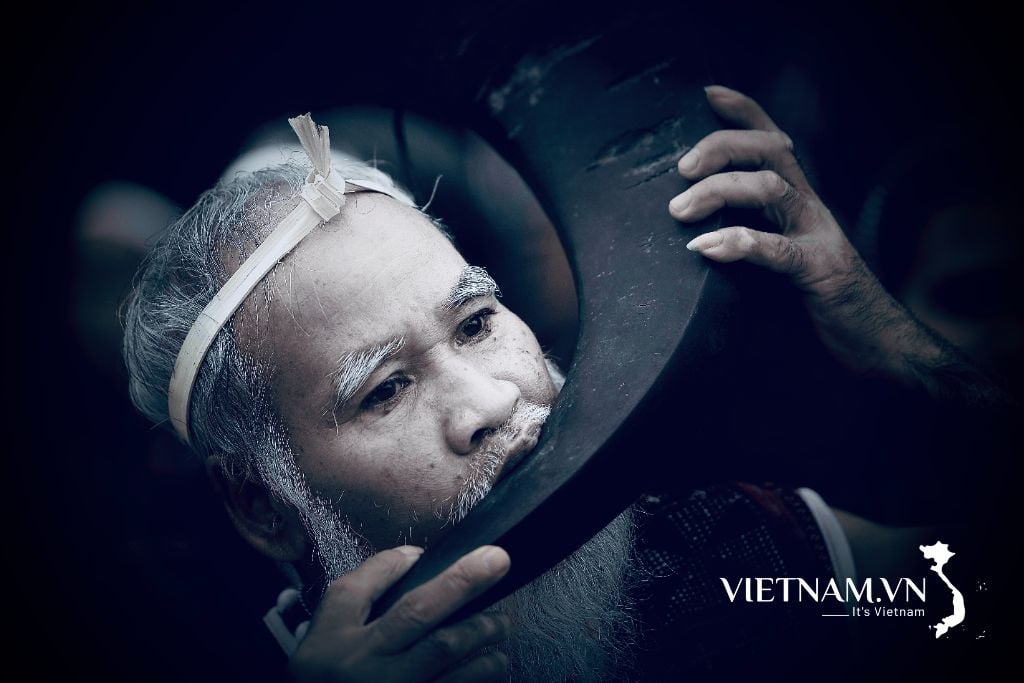

Bình luận (0)